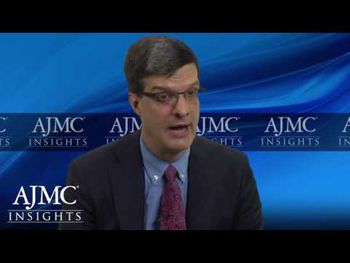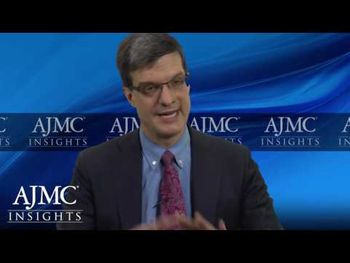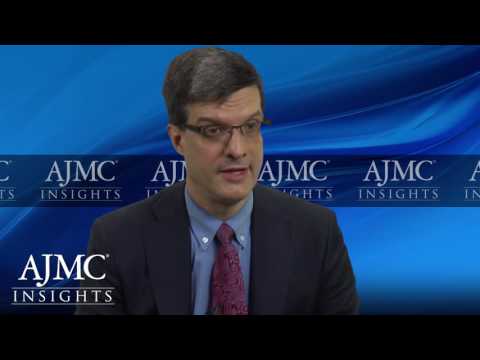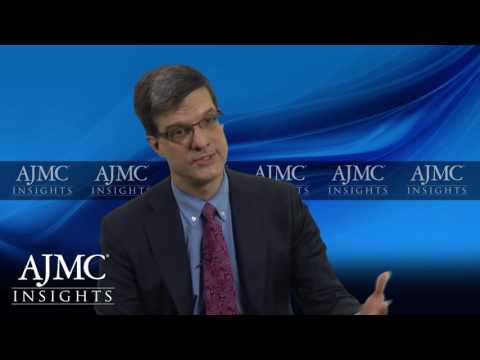
Health Care Cost
Latest News
CME Content















Although the term "accountable care organization" (ACO) may not be here to stay, value-based organizations are here to stay based on the direction CMS is headed, said Jeb Dunkelberger, vice president of accountable care services at McKesson and clinical & commercial operations at ACO Partner.

While speaking at the National Association of Accountable Care Organizations Spring 2016 Conference, Stephen Nuckolls, CEO of Coastal Carolina Quality Care, said that fair and transparent benchmarks are important in creating successful ACO programs.

What We're Reading, July 12, 2016: Oregon's Health CO-OP to close down by the end of July; experts discuss fairer ways to decide on drug pricing; and gender bias in physician salaries at academic institutions.

A statewide all-payer claims database would permit more insight into what’s happening with cost and quality of providers, and possibly transform healthcare payment, explained Karen van Caulil, PhD, president and CEO of the Florida Health Care Coalition.

Experts at a summit convened by the National Comprehensive Cancer Network (NCCN) agreed that progress in health information technology can help break the walls between compartmentalized data that lives within distinct data systems, to improve patient outcomes.

The Oncology Care Model is one of the most recent bundled payment programs announced by CMS, going into effect July 1. Participants will need a robust data analytics program in order to meet practice requirements, and achieve clinical and financial goals. Read on for tips to achieve data-driven success, and a simulation of what practice data will look like under the model.

More insurers are moving towards alternative payment and delivery models, but the transition needs to happen a lot quicker, explained Michael E. Chernew, PhD, during a panel discussion at the ACO & Emerging Healthcare Delivery Coalition Spring Live Meeting.

What we're reading, June 29, 2016: CMS is considering changes to the proposed Medicare Part B demonstration; Senate Democrats block the GOP's Zika funding bill; and a Bloomberg analysis shines light on the pricing practices of the pharmaceutical industry.

In order to get physicians engaged and involved in accountable care organizations (ACOs), it is important to educate them on the mission and understand that the organization is looking to improve, not ration, care, Stephen Nuckolls, CEO of Coastal Carolina Quality Care, explained at the National Association of Accountable Care Organizations Spring 2016 Conference.

More than 58% of healthcare payers’ businesses have already shifted to full value-based reimbursement models, a 10% increase since 2014.

At the Pharmacy Quality Alliance's Annual Meeting, Kate Goodrich, MD, of CMS, and a group of experts discussed the government's move toward value-based care and the use of quality measures.

















